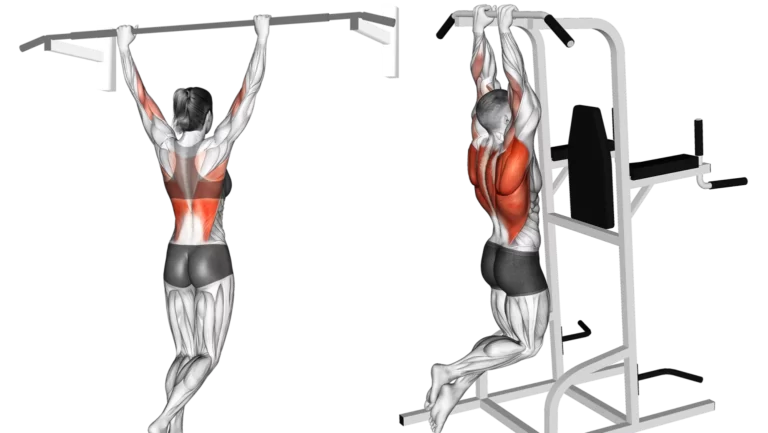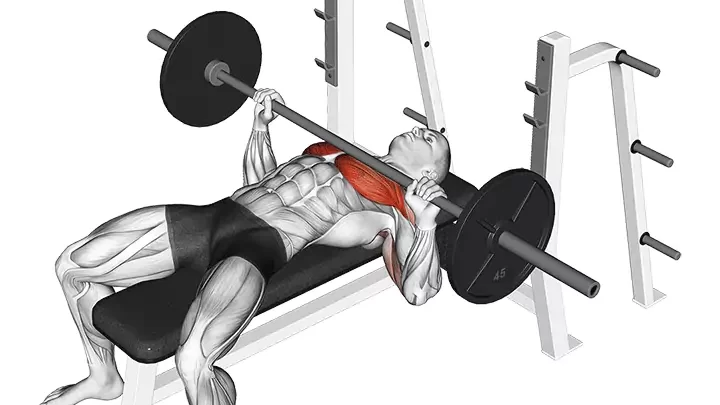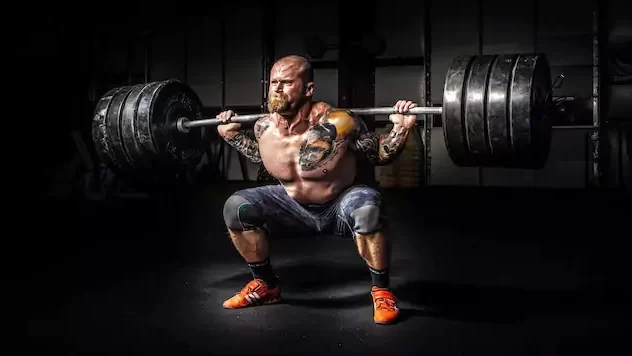In the world of bodybuilding, achieving the perfect weight for your goals is crucial. Whether you’re looking to bulk up, get shredded, or participate in competitions, understanding how much you should weigh is a fundamental aspect of your journey. In this comprehensive guide, we’ll delve into the key factors that determine your ideal bodybuilding weight and provide expert advice to help you reach your fitness goals.

Factors Influencing Your Bodybuilding Weight
Determining the right bodybuilding weight isn’t a one-size-fits-all approach. Several factors come into play, including:
- Body Composition: Your body fat percentage and lean muscle mass are essential indicators of your ideal weight.
- Fitness Goals: Your weight will vary depending on whether you aim to bulk up, cut down, or maintain your physique.
- Height: Your height plays a significant role in determining your ideal weight-to-height ratio.
- Body Type: Different body types (ectomorph, mesomorph, endomorph) require different weight management strategies.
Calculating Your Ideal Bodybuilding Weight
To find your ideal bodybuilding weight, you can use the Body Mass Index (BMI) as a starting point. However, keep in mind that BMI doesn’t account for muscle mass. A better approach is to:
- Consult a Professional: A fitness trainer or nutritionist can provide personalized guidance based on your goals and body type.
- Track Progress: Monitor your body composition changes as you progress in your training.
- Set Realistic Goals: Don’t aim for an unrealistic weight; focus on building lean muscle and achieving a healthy physique.
Optimizing Your Bodybuilding Journey
Achieving your ideal bodybuilding weight is just the beginning. Here are some essential tips to help you optimize your journey:
- Balanced Nutrition: Maintain a diet rich in lean proteins, complex carbohydrates, and healthy fats to support muscle growth and recovery.
- Consistent Training: Stick to a structured workout routine that aligns with your goals, and progressively increase weights and intensity.
- Rest and Recovery: Allow your body to recover with adequate sleep and rest days to prevent overtraining.
- Regular Assessments: Continuously evaluate your progress and make necessary adjustments to your training and nutrition plans.
Average Weight Ranges for Bodybuilders
While there’s no definitive formula to determine the exact ideal weight for each bodybuilder, here are some general guidelines based on height and experience level:
Beginner Bodybuilders (Men): 150-175 lbs
Intermediate Bodybuilders (Men): 175-195 lbs
Advanced Bodybuilders (Men): 195-220 lbs
Beginner Bodybuilders (Women): 110-130 lbs
Intermediate Bodybuilders (Women): 130-150 lbs
Advanced Bodybuilders (Women): 150-170 lbs
These ranges provide a starting point for determining your ideal weight. However, it’s essential to consider your individual factors, such as body type and goals, to refine this range to suit your specific needs.
Result
Finding your ideal bodybuilding weight and gaining strength is a personalized journey that depends on various factors. By understanding these factors and following the tips in this guide, you’ll be well on your way to achieving your bodybuilding goals and optimizing your fitness journey. Remember that consistency and dedication are key to success in bodybuilding.
FAQs
What is the ideal weight for a natural bodybuilder?
There is no one-size-fits-all answer to this question, as the ideal weight for a natural bodybuilder will vary depending on a number of factors, including height, frame size, and muscle mass. However, a good starting point for most natural bodybuilders is a weight of about 175 pounds.
How can I lose weight for bodybuilding?
The best way to lose weight for bodybuilding is to combine a healthy diet with regular exercise. A healthy diet should be low in calories and high in protein. Regular exercise should include cardio and strength training.
How can I gain weight for bodybuilding?
The best way to gain weight for bodybuilding is to combine a calorie surplus with regular exercise. A calorie surplus means eating more calories than you burn. Regular exercise should include cardio and strength training.
What are the benefits of bodybuilding?
Bodybuilding has many benefits, including:
- mproved muscle mass
- Increased strength
- Reduced body fat
- Improved cardiovascular health
- Increased bone density
- Improved mood
- Increased self-esteem




